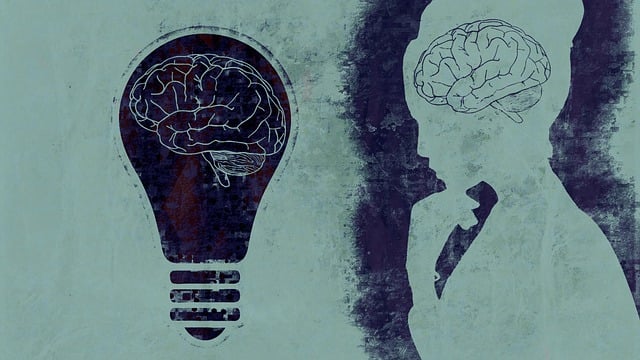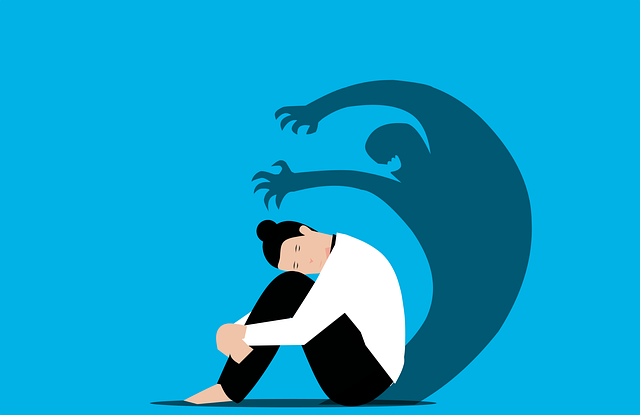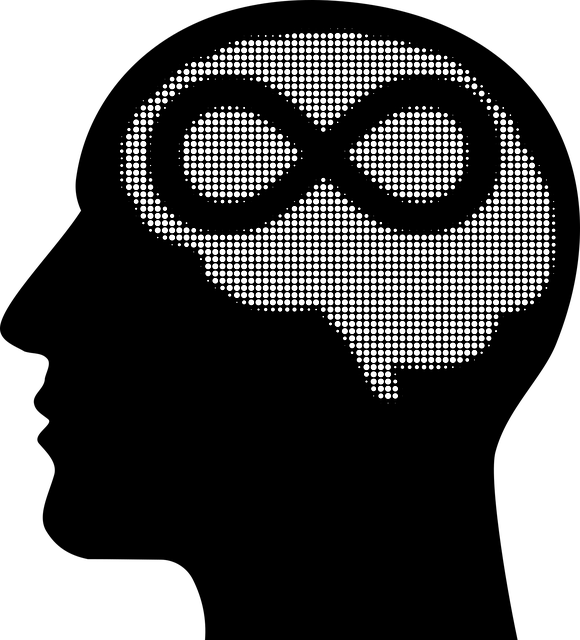Understanding mental health is key to creating effective educational programs, breaking stigmas and promoting early intervention. Centennial Pain Management Therapy takes a holistic approach, incorporating Social Skills Training, Self-Awareness Exercises, and Risk Assessment for professionals. These programs empower therapists with the skills to address diverse cultural backgrounds and complex mental health concerns, fostering inclusive care. By focusing on personalized, evidence-based methods and open communication, they enhance well-being and resilience. Evaluating program impact through assessments and tracking long-term outcomes ensures effectiveness and informs future improvements, particularly in specialized therapies like Centennial Pain Management Therapy.
Mental health education programs play a pivotal role in fostering well-being and breaking down stigma. This article explores key aspects of designing effective programs, focusing on mental health awareness and Centennial Pain Management Therapy. We delve into strategies to promote understanding, personalize therapeutic approaches, enhance communication, and measure success. By integrating these elements, we can create impactful programs that cater to individual needs, ultimately improving mental health outcomes.
- Understanding Mental Health: Breaking Stigma and Promoting Awareness
- The Role of Education in Mental Health Program Design
- Centering on Individual Needs: Personalized Therapy Approaches
- Strategies for Effective Communication and Engagement
- Measuring Success: Evaluating the Impact of Mental Health Education Programs
Understanding Mental Health: Breaking Stigma and Promoting Awareness

Understanding mental health is a pivotal step in creating effective education programs. By breaking down stigmas and promoting awareness, individuals from all walks of life can gain insights into recognizing and managing their own mental well-being. This process involves fostering open conversations about various aspects of mental health, including common challenges like anxiety, depression, and stress-related issues. Through such initiatives, communities can foster an environment where seeking help is normalized, encouraging early intervention and better outcomes.
Centennial Pain Management Therapy recognizes the importance of this awareness in its comprehensive approach to well-being. Incorporating elements like Social Skills Training and Self-Awareness Exercises, the program equips participants with valuable tools to navigate mental health landscapes. Additionally, it underscores the critical need for Risk Assessment for Mental Health Professionals, ensuring that those supporting others are equipped to handle potential risks effectively.
The Role of Education in Mental Health Program Design

Mental health education programs play a pivotal role in shaping effective therapy practices, especially within specialized fields like Centennial Pain Management Therapy. Education acts as a cornerstone, providing the theoretical framework and practical skills necessary for therapists to address complex mental health concerns. By equipping professionals with knowledge about various therapeutic approaches, research-backed techniques, and an understanding of cultural sensitivity in mental healthcare practice, these programs enhance the overall quality of care.
The design of such educational initiatives should focus on fostering empathy building strategies among practitioners. This involves teaching them to recognize and respect diverse cultural backgrounds, beliefs, and experiences of clients. Through interactive workshops and real-life case studies, therapists can develop enhanced communication skills, cultural competency, and a deeper sense of confidence boosting measures, allowing them to create more personalized and inclusive treatment plans.
Centering on Individual Needs: Personalized Therapy Approaches

In designing mental health education programs, a central tenet should be the recognition and catering to individual needs. Each person’s journey with their mental health is unique, shaped by personal experiences, cultural backgrounds, and distinct emotional landscapes. Centering on this principle fosters an environment where everyone feels seen and heard, crucial for effective therapy and healing. Personalized therapy approaches, such as Centennial Pain Management Therapy, acknowledge that one-size-fits-all strategies rarely resonate with the depth of individual struggles.
This tailored focus extends beyond addressing symptoms to encompass holistic well-being, including mental health awareness and self-care practices. It also demands cultural sensitivity in mental healthcare practice, ensuring diverse communities feel comfortable and understood. By embracing these approaches, education programs can empower individuals to navigate their mental health journeys with increased confidence and resilience.
Strategies for Effective Communication and Engagement

Effective communication is a cornerstone of any successful mental health education program. Centering discussions around open and honest dialogue fosters a safe space for participants to share their experiences, fears, and hopes. Facilitators should employ active listening techniques, ensuring each individual feels heard and validated. This approach, coupled with clear, concise explanations of various therapeutic methods, like those used in Centennial Pain Management Therapy, can significantly enhance engagement. By presenting information in an accessible manner, the program ensures that all learners, regardless of their background or level of understanding, can grasp the concepts.
Cultural sensitivity is another vital strategy for engaging diverse audiences. Recognizing and respecting the unique cultural perspectives and backgrounds of participants is essential in providing inclusive Mental Healthcare Practice. This involves tailoring educational materials to be sensitive to different cultural norms and beliefs, as well as encouraging a multicultural exchange of ideas. Incorporating Stress Reduction Methods that cater to various cultural preferences can create a more welcoming environment, ultimately leading to better Anxiety Relief for all involved.
Measuring Success: Evaluating the Impact of Mental Health Education Programs

Evaluating the impact of mental health education programs is crucial to ensure their effectiveness and long-term success in fostering better well-being. Measuring success goes beyond simply delivering content; it involves assessing changes in knowledge, attitudes, and behaviors related to mental health. One effective approach is to use pre-post program assessments, comparing participants’ scores on standardized questionnaires that gauge mental health literacy, self-care routine development for better mental health, and conflict resolution techniques.
Additionally, tracking long-term outcomes can provide valuable insights into the sustainability of learning. For instance, following up with participants after the program to assess their implementation of burnout prevention strategies for healthcare providers or changes in coping mechanisms can demonstrate the lasting impact of Centennial Pain Management Therapy’s educational initiatives. This data not only helps refine future programs but also underscores the value of such interventions in promoting holistic mental health within communities.
Mental health education programs, like Centennial Pain Management Therapy, are powerful tools in fostering a healthier society. By addressing stigma and providing personalized approaches, these initiatives can revolutionize mental wellness support. Effective communication strategies and measurable evaluation methods ensure these programs meet individual needs and create lasting positive impacts. This holistic design is key to enhancing mental health literacy and promoting well-being for all.








